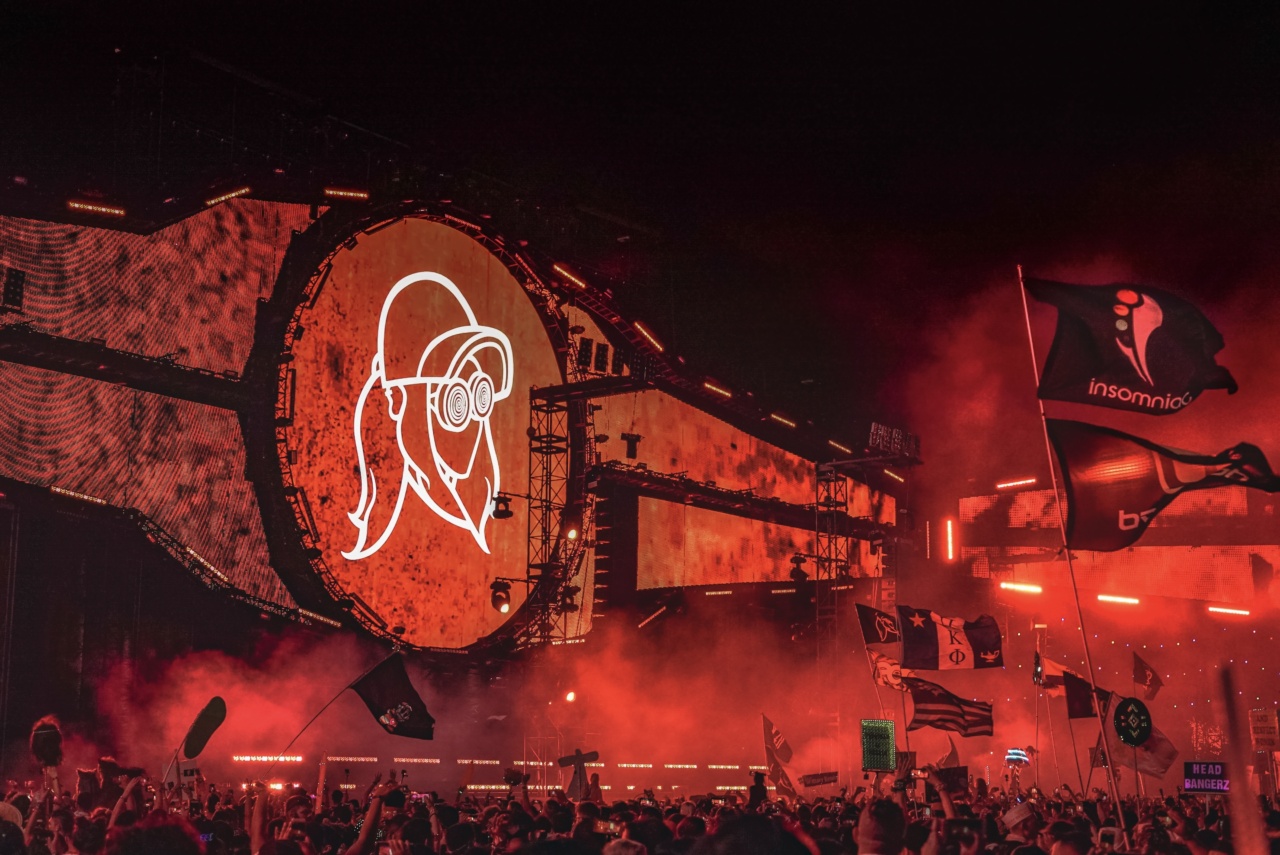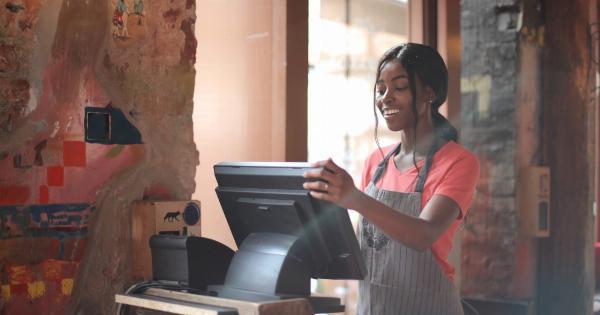Music has always been considered a highly creative field, bringing joy, inspiration, and motivation to listeners and musicians alike.
However, beneath the surface of this seemingly idyllic world, there is a darker side of music that can hinder creativity and even damage mental health.
The Pressure to Meet Expectations
For many musicians, the pressure to meet expectations can be overwhelming. Whether it’s the pressure to produce hit songs, perform flawlessly, or maintain a consistent level of success, the stress can become a creativity killer.
When creativity is driven by external validation and expectations, it can suffocate the natural flow of creativity that comes from within.
The Dark Side of Competition
The music industry is highly competitive, with musicians vying for attention and success. The competition can be healthy and motivating for some, but for others, it can lead to envy, resentment, and self-doubt.
When the focus shifts from creating music to outdoing a rival, it can be difficult to tap into the creative flow that comes from within.
The Heavy Toll of Touring
For many musicians, touring is an integral part of their career, allowing them to connect with fans and spread their music. However, the physical and emotional toll of touring can be heavy.
Long hours of travel, lack of sleep, and separation from loved ones can lead to physical exhaustion and mental burnout. Being away from home for extended periods of time can also be emotionally taxing, leading to feelings of isolation and loneliness.
The Damage to Mental Health
The darker side of the music industry can take a heavy toll on mental health. The stress, pressure, and relentless pace of the industry can lead to depression, anxiety, and substance abuse.
Musicians are often expected to maintain a strong image and persona, which can make it difficult to seek help or admit to struggling with mental health issues.
The Power of Collaboration
Despite the darker side of the music industry, there is also a great power in collaboration. When musicians come together, they can tap into a creative energy that is greater than themselves.
Collaboration allows for the exchange of ideas and the exploration of new sounds and styles. It can also provide the emotional support and camaraderie that is often lacking in the competitive world of music.
The Importance of Self-care
To overcome the toxic aspects of the music industry, self-care is essential. Musicians must prioritize their physical and mental well-being to maintain their creativity and longevity in the industry.
This can include getting enough sleep, eating a healthy diet, scheduling downtime, and seeking professional help when needed.
The Potential for Positive Change
Despite the challenges, there is also a potential for positive change in the music industry. Musicians can lead the charge for a more supportive and sustainable industry, one that prioritizes mental health and encourages collaboration over competition.
By breaking down barriers and working together, musicians can create a brighter future for themselves and the industry as a whole.
Conclusion
While music can be a powerful force for creativity, it also has a dark side that can hinder the creative process. The music industry can be highly competitive, stressful, and damaging to mental health.
However, there is also a potential for positive change through collaboration, prioritizing self-care, and creating a more supportive industry. By recognizing the dark side of music, musicians can take steps to protect their creativity, mental health, and overall well-being.






























